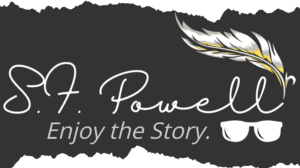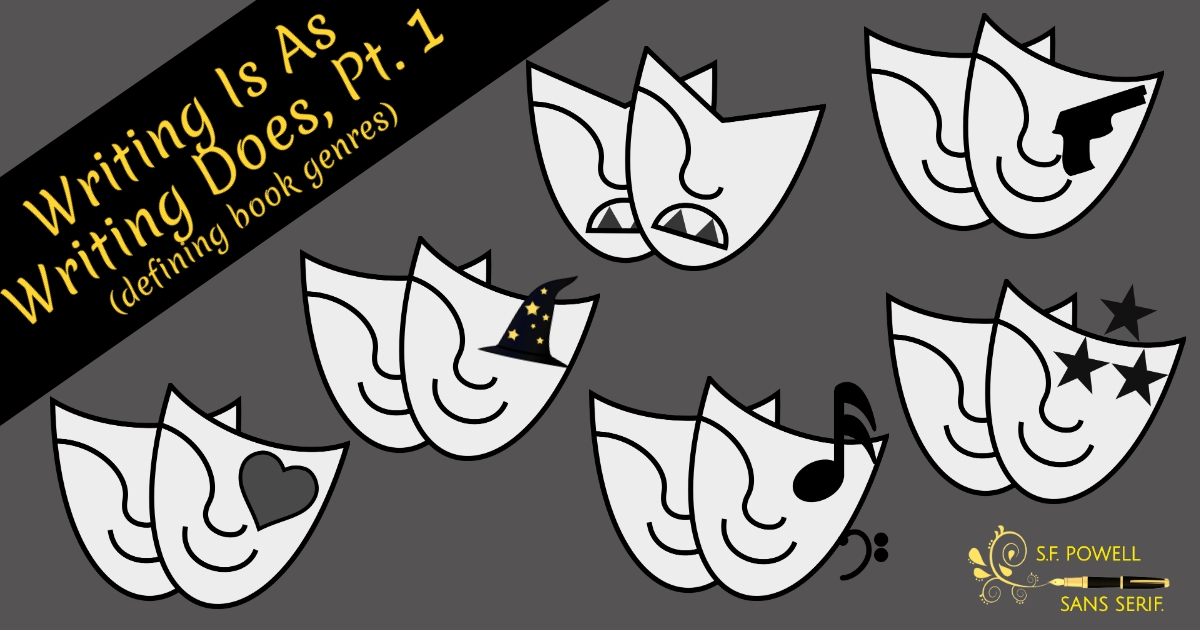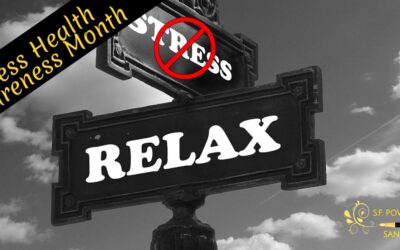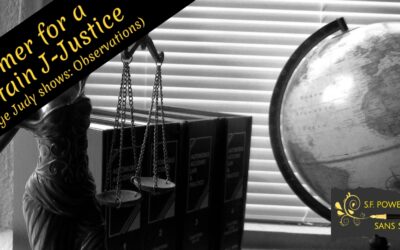Sometimes, I’m in a bit of a quandary regarding genre definition. And those writers who write one thing well? Well, I envy them. It’s not that I write so many things well (oh, no). All writers have strengths and weaknesses, and with continued writing success, their genre reveals the cornerstone of those strengths.
Fiction genres have specific descriptive features and follow similarly specific structures or formulas (e.g., horror is as horror does: be scary). But what if your work fits multiple categories? Terms like mainstream or commercial get tossed around interchangeably to define fiction that defies toeing the line by having elements from one or more genres. Still, I’d like a category description that nails it.
Fiction Top Twelve
Within the major categories of Literary/Comedy/Drama/Horror, these are a sample of the primary, more well-known book genres in fiction:
- You have your Hawthorne, Bronte, Poe, Walden, Hemingway, Twain, Thoreau, Robeson, Ellison, Walker, Baldwin, Hurston, Wright, Angelou, et al, and your Bill-Shakes here. You’ve come across these authors in middle or high school.
- Crime novels. Detective Joe GonnaSolveIt is on the case …
- Somebody’s dunnit. But who?
- Children’s. This, too, has sub-categories such as elementary and young adult (YA).
- Pretty self-explanatory. Take your American Revolution, or the French Revolution, or maybe the Civil War. Add characters and stir …
- Sci-Fi. Science and the imagination run wild in the future on in another galaxy altogether.
- Tall Tales. Might as well be right out of science fiction; the exaggerations within these types of narratives really stretch believability—in a good and readable way.
- Suspense (Thriller). Not quite a mystery, but there’s lots of tension in these works.
- Boy meets Girl, boy gets girl. Obstacles. Boy loses girl. More Obstacles. Overcome obstacles. Boy gets girl again (hopefully for good this time). Be still my heart…
- Set in the American West during the 18th and 19th centuries. Saddle up, cowboy; adventure awaits.
- Be still, my heart has a whole different meaning—and would someone please turn on all the lights?
- Faeries, Wizards, and Magic, Oh, my!
Other lesser-known genres, such as graphic novels, legend tales, fan fiction, realism, metafiction, folklore, and others, have unique followings.
Some Non-fiction Genres
My focus is fiction, but a few non-fiction genres make for entertaining reads.
-
- Usually semi-autobiographical, it’s an author’s account of his/her relationship with a noun (person/place/thing).
- An account of a person and their life events (auto-bios are written by the book’s subject).
- All business here: dictionary, almanac, encyclopedia, etc.
- More business with nothing but highlighter in hand: English, Math, Science, History, and the school-course crew.
- How-To. A manual of sorts not limited to appliances or computers. Just as a cookbook is a how-to for preparing food, a How-To book can also be devoted entirely to decorating.
- Self-help. Get yourself together! Like a How-To, these books give guidance on a variety of topics, the focus on improving oneself (mentally, emotionally, financially, socially, etc.).
Other non-fiction genres: essays (my personal favorite), reports, speeches, news media stories or reports (journalism).
In the next blog, I explore subgenres…
Until then, stay serif, be well/safe, and read on (discover a new genre).
For more on my writing life, check out my newsletter, Tranquill at Twilight…






0 Comments